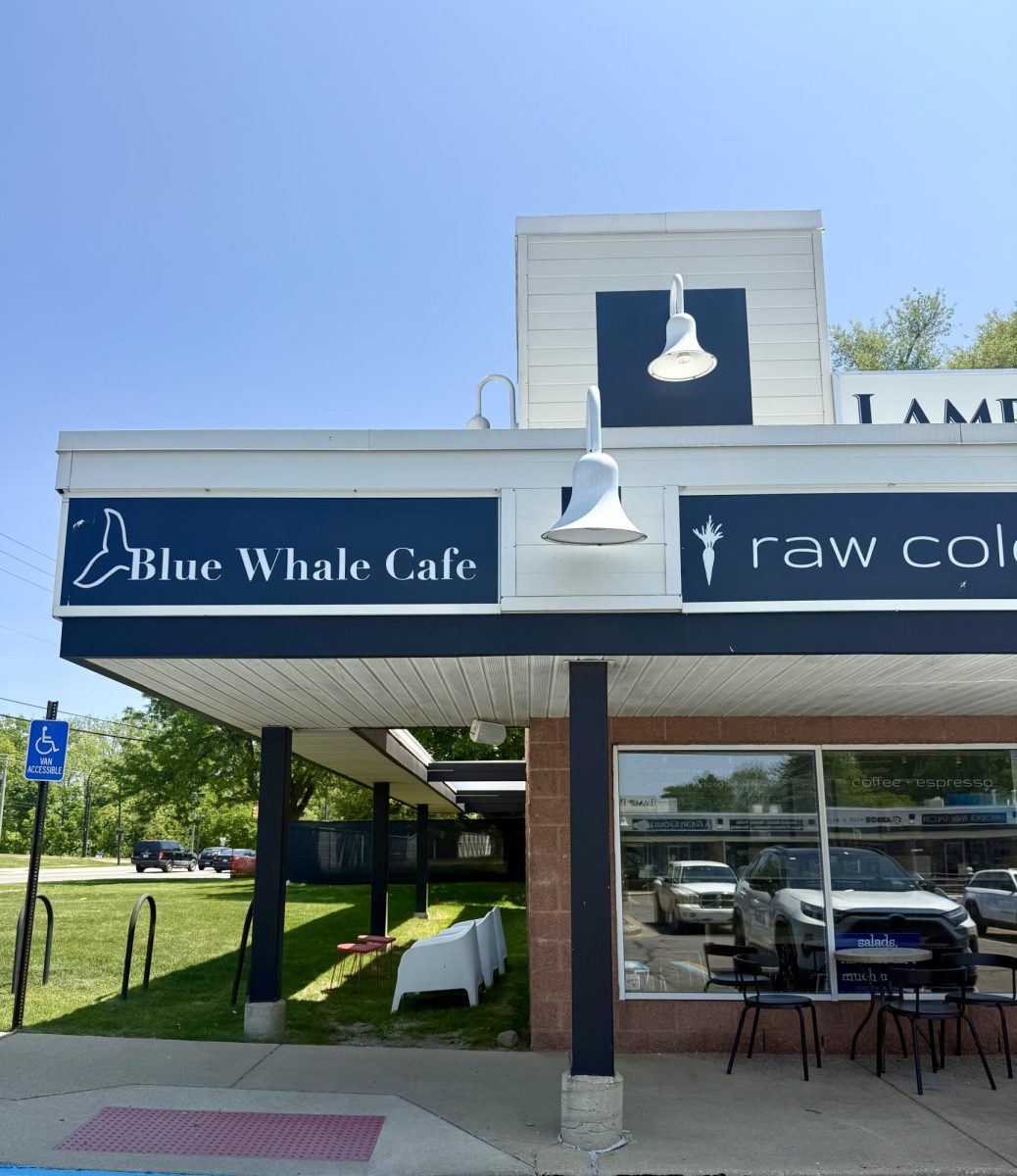Paige Plavnick argues that having strong parental relationships should be a priority for teenagers.
From the minute you’re born, you spend a large amount of time around your parents. They are the people that you know you can rely on, who take you to school and who buy your toys. As one grows up into their teenage years, how much should this relationship be prioritized?
Although stress piles up with friendships, schoolwork and extracurricular activities, those should never be prioritized over parental relationships. It is so important to set aside time to spend with parents, because there are many beneficial effects.
Emmy Wernimont is a senior at CHS. She tries to set aside time with her parents, even when life gets busy, and schoolwork piles up. She finds that spending time with her parents helps relieve some of the stress that comes with school.
“I do think it’s important to spend time with your family, especially as I’m thinking about going to college,” Wernimont said. “After this I probably won’t live with them ever again.”
Some people think that it is more important to prioritize school, friends and other activities while in high school because of how stressful it can get. Although schoolwork should occasionally be prioritized, a parental bond is so important for growing up and learning life lessons. This connection is so important for teenagers, even though they don’t always realize that in the moment.
Studies from the University of Michigan are now showing that any type of parental figure is important in a child’s life, which means that this should be prioritized especially in teen years.
A close relationship with parents can increase academic proficiency, because stress levels decrease and parental figures can help push teens to their greatest potential. This means that a strong parental relationship will unintentionally strengthen academics.
Strong relationships with parents in teenage years also yield social and emotional benefits. Teens learn vital social behaviors and strategies for mental health from parents.
Giselle Shikwana, a sophomore at Pioneer High School, is close with her parents and enjoys spending time with them. She has found that as school work piles up, her parents are able to help teach her important organizational skills with her schoolwork. Shikwana enjoys being able to have quality time because it makes her feel more open with her parents, and she has the time to tell them about events in her life.
She has also found that the things she is learning from her parents don’t only help with school but also in social situations. This is important because she is able to apply their advice in difficult situations.
“My parents help teach me how to be successful and confident,” Shikwana said. “This has really helped with social situations because I am able to be myself”
In an article from Middle Earth, an organization focused on teaching teens responsibility, and independence, it says that “Several studies demonstrate that positive parent-adolescent relationships also are associated with self-confidence, empathy, a cooperative personality, and psychological well-being.”
Due to the changes in hormones, social lives, school and relationships during teen years, parental figures are essential in navigating these adjustments. They are there to provide advice and support, which is especially helpful throughout teen years.
Mia Rubenstein argues that having a strong relationship with both parents and friends can help you be successful as a teen.
As a teen, having a strong bond or relationship with at least one of your parents is important.
However, to a greater extent, having a tight relationship with both your parents and your friends can help you be successful in life and school.
Having a close relationship with at least one of your parents can help you in life, as parents teach many important life lessons and serve as role models for their children.
Parents can also influence the development of their children’s values and help create core memories and traditions that they will remember for the rest of their lives.
Tia Cocciolone is a sophomore at CHS. Her mom has taught her independence and how to take on responsibilities.
“She’s definitely taught me a lot about self motivation,” Cocciolone said. “Because she isn’t very pushy for me to do stuff, but she still makes me want to do my chores to contribute to the health of the household.”
Cocciolone believes that while her parents have different kinds of input related to her education, two types are both appreciated.
“My dad is more concerned with my education in social ways and experiences, while my mom definitely cares about my grades,” Cocciolone said. “I feel like the combination of both of those encourages me to not only pursue things that I enjoy, but also value my education and think about my future.”
It is clearly shown that having strong relationships with parents are important. However, research also shows that having strong relationships with friends as a teen is crucial.
In a 2016 study led by Uink, Modecki and Barber, it was found that teens’ development and sense of belonging is because of their strong reliance on relationships with friends.
They also found that when teens are suffering from a trauma, they overcome the trauma better with guidance from their friends than they do with adults or parents.
The article states, “Peers can encourage teens, cajole them out of a bad mood, or simply take their mind off worries. While educators, parents, and other adults may feel responsible for soothing teens’ stress, Uink also encourages them to help young teens cultivate their power to help each other.”
As a teen, having strong relationships with friends can offer support and joy in times when life is difficult or stressful.
CHS freshman Lucy Lowenschuss loves the support and joy that comes along with having friends in classes.
“They help me not fall behind and push me to do my work,” Lowenschuss said. “We can just have conversations and work together, getting through hard parts and laughing at good parts.”
According to a study conducted by University of Virginia’s Professor of Psychology, Joseph Allen, “Good teen friendships equal success later in life.”
As described above, it is shown in research done by professionals that having a healthy balance of teens’ relationships with their parents and friends is important for success in life and school.
Community High School students have illustrated the importance and value of balancing close relationships with both family and friends.
“I definitely get a lot of support from my friends and family,” Cocciolone said. “I’m independent, but I got my people.”











